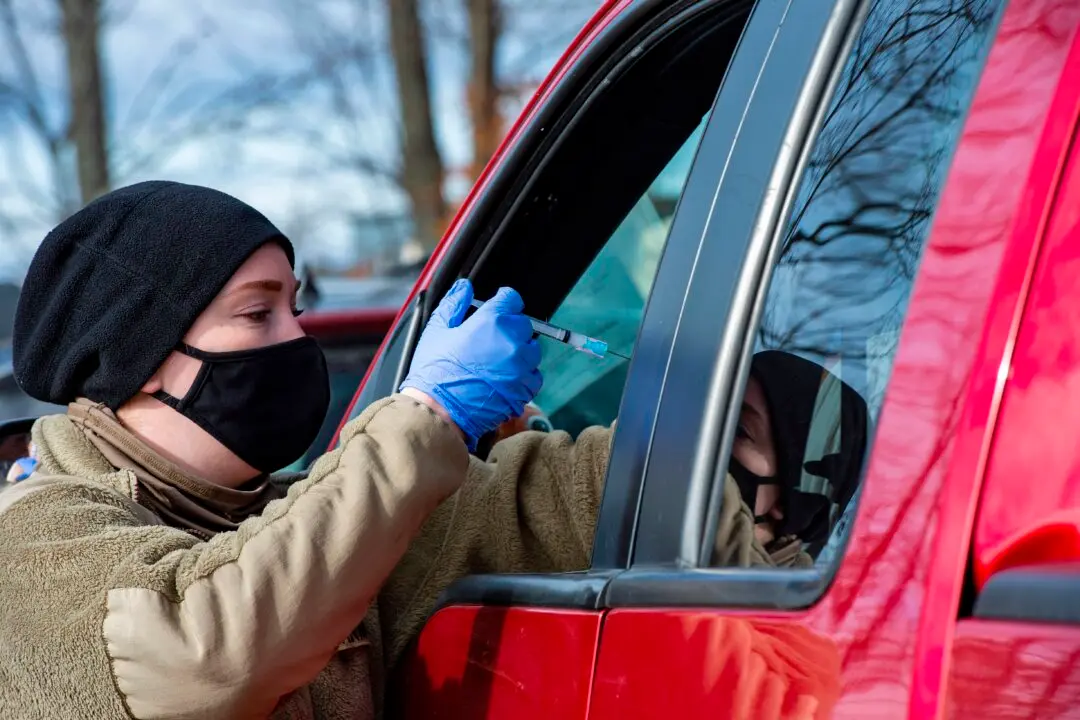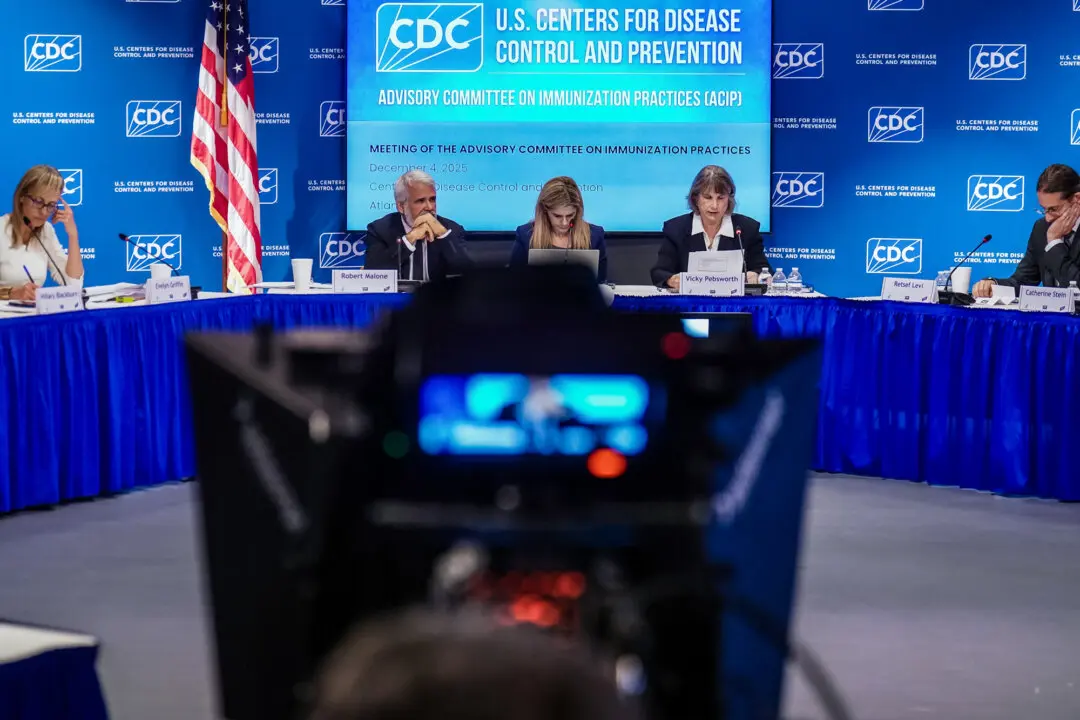New data show no increase in miscarriages among pregnant women who received a messenger RNA-based COVID-19 vaccine, signaling the vaccines are safe for the population, a U.S. health agency said Wednesday.
Centers for Disease Control and Prevention (CDC) researchers analyzed numbers from v-safe, a voluntary phone-based surveillance system, and found the occurrence of miscarriages was similar among pregnant women who got a shot and the normal rate.





